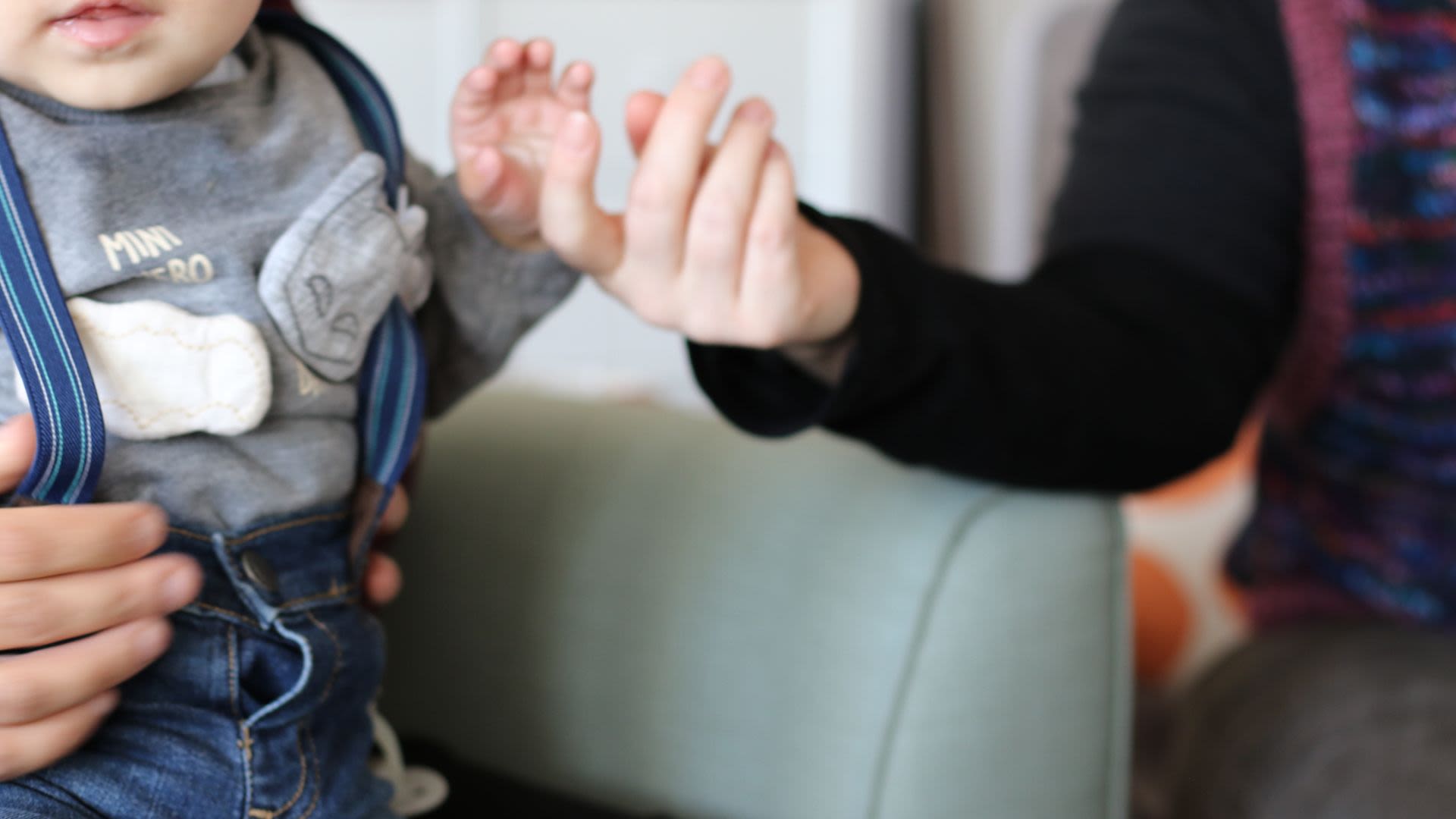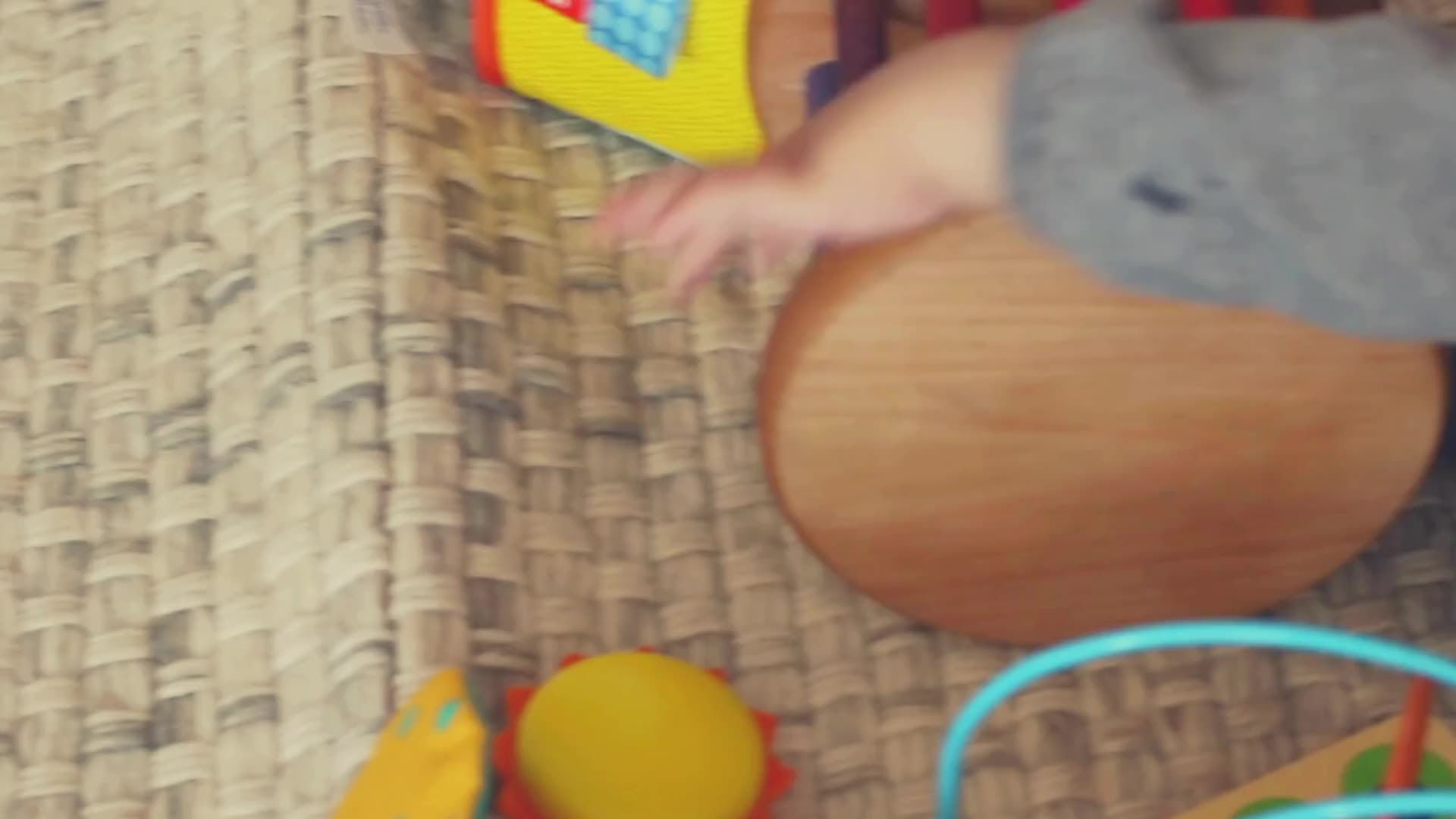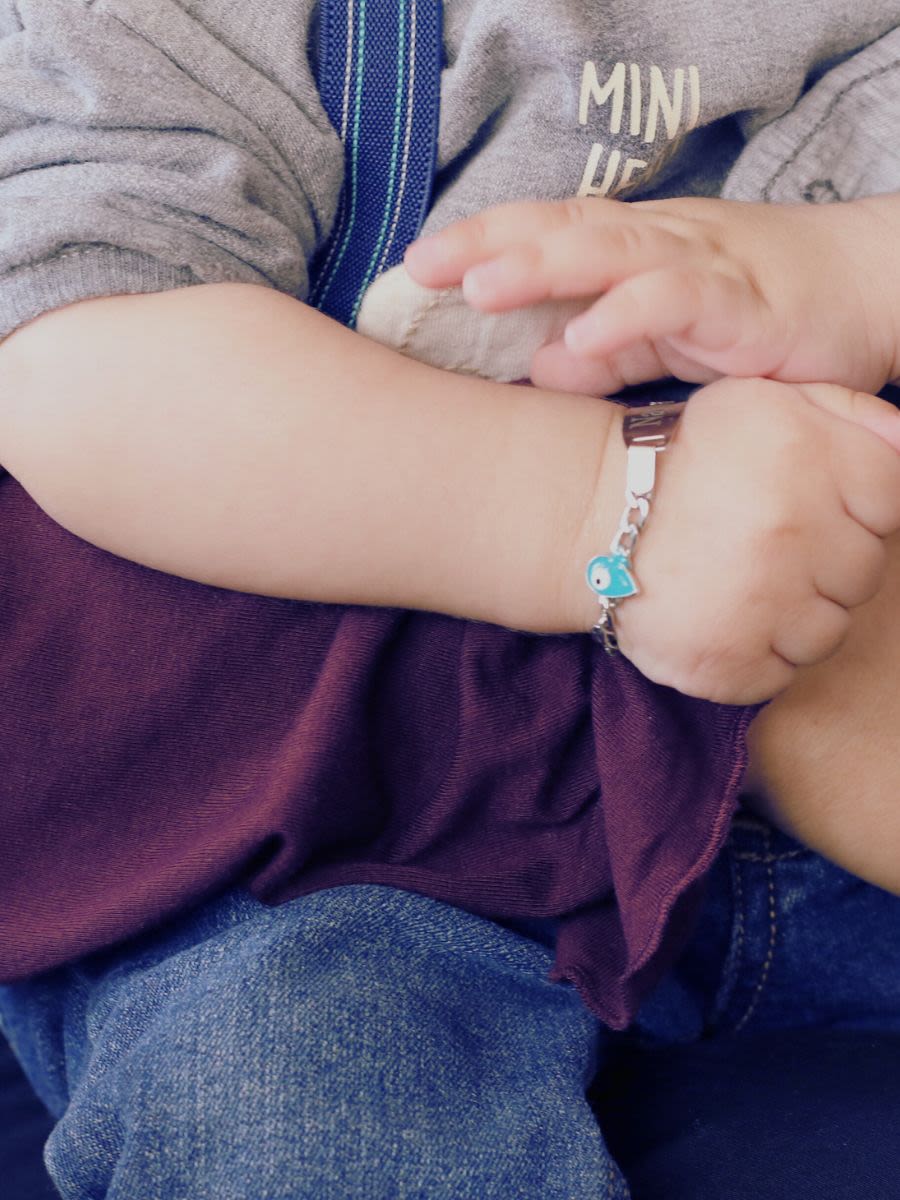Amma Birth Companions
Aveen's Story
Navigating Language Barriers During Pregnancy & Birth

When Aveen* arrived in the UK, expecting her first child, she was seeking safety and a fresh start. After fleeing war in her home country, she found herself in Scotland unable to speak or read English. With no friends or family around to support, Aveen felt isolated, anxious, and afraid.
Aveen, who speaks the Kurdish dialect, Badini, says, “I couldn’t speak to anyone” — making it even more difficult to navigate pregnancy in an unfamiliar city and healthcare system. “If there was someone who really understood me and could explain consent, I wouldn’t have felt so helpless,” she says.
Aveen’s story sheds light on the profound impact that language barriers can have during pregnancy and childbirth. By sharing Aveen’s story, Amma Birth Companions aims to highlight the importance of effective interpreting during pregnancy and birth.
*Name changed to protect anonymity
Pregnancy

Early in her pregnancy, Aveen began experiencing heavy bleeding. Desperate and unable to communicate what was happening, she showed the owner of the house where she lived a letter with her doctor's name on it. The house owner, upon seeing the blood on Aveen’s clothes and realising the severity of the situation, arranged for her to go to the hospital by taxi.
But when Aveen arrived at the hospital, she felt completely misunderstood in her moment of crisis — no one could help her because she couldn’t explain what was happening. In a panic, she began asking strangers if they spoke Badini, hoping someone might understand her. Thankfully, she met an interpreter who was accompanying someone else to an appointment, who pointed her in the right direction.
This experience of being misunderstood was not an isolated one. During her pregnancy, Aveen experienced heart-related complications that required specialised testing. Sam, Aveen's birth companion, recalls, “They couldn’t do anything because they couldn't get a Badini interpreter”, meaning her hospital stay extended to nearly a week. The absence of proper interpretation left Aveen feeling vulnerable and uncertain about her care.
The communication challenges continued as Aveen neared her due date. At times when she needed it most, access to adequate interpretation in the correct dialect was unreliable or non-existent — including discussions around inducing labour, which added confusion to an already stressful decision-making process. In the end, Amma had to arrange for a private interpreter in order for Aveen to understand and consent to an induction.
“We would go to an appointment, and they would get an interpreter, but very often they would be Sorani — and the staff didn't seem to understand that I didn't understand them. It was like, 'It's Kurdish. What's the problem?'”
Aveen also recalls how one male interpreter made her uncomfortable during an antenatal appointment, asking her, “Why do you need to learn so much about your child?” and discouraging her from asking the midwife questions. When eventually Aveen starting attending antenatal appointments with an Amma birth companion, they came up with a way for her to signal when the interpreting was inadequate.
One of the most distressing moments of Aveen’s pregnancy was when she was told, without an interpreter, that her baby might have a severe disability. Aveen didn’t understand the details, and the doctor’s mention of possibly terminating the pregnancy left her devastated. “I felt sad when they said I could remove the baby because of the disability. Even if he was half a baby, I would still want him,” she recalls. Although it turned out to be a false alarm, the experience left a lasting impression on Aveen, who says ineffective communication made things significantly more stressful.
Birth

During Aveen’s labour, it became evident that an emergency C-section was necessary, but there was no Badini interpreter available to explain the procedure. In a desperate attempt to communicate, the doctor drew a picture to try and explain the situation. Aveen resorted to making a cutting motion over her belly and gesturing to indicate her consent.
She recalls, “I couldn’t understand what was happening, and I was scared something would happen to my child,” Aveen says. “This wasn’t a small thing; it was something major.”
Sam, Aveen’s birth companion, vividly remembers the moment. “There was no way to have a real conversation with the doctor,” they recall. "Normally they talk you through all of the risks and tell you what to expect and ask you to sign a consent form, but they couldn't do any of that."
The inability to understand or ask questions meant that Aveen could not make an informed decision about her care. She says, "If I wanted to ask something, I couldn't".
Postnatal

In the weeks following birth, Aveen developed an infection in her C-section scar but was unable to properly communicate the severity of her pain.
“There was a male interpreter at one point, but he didn’t speak Badini, and I didn’t feel comfortable with him,” Aveen explains. “Most of the time [throughout pregnancy and following birth], I had male interpreters, and I felt ashamed.”
Aveen tried to communicate that she didn’t feel well in herself and that her scar felt more painful, but this was not understood. When a midwife visited Aveen at home with a Sorani interpreter, Aveen didn’t understand most of what was discussed in this appointment and also couldn’t share her concerns.
When Aveen’s C-section scar eventually ruptured, she was readmitted to the hospital. Even during this critical time, she faced more communication challenges. At discharge, there was no interpreter to explain the medications she needed, including important instructions for self-administering injections. Instead, she received a translated version of the information in Sorani through Google Translate—a dialect she didn’t understand.
Our Impact

Throughout these challenges, Amma Birth Companions became a lifeline to Aveen. Her team of birth and postnatal companions worked hard to secure the right interpreters when accompanying her to appointments, doing everything possible to ensure she was understood and heard.
“When someone from Amma was there, they always advocated to get a Badini interpreter,” Aveen remembers. “But when they weren’t there, it was always the wrong one.”
For Aveen, Amma offered more than just practical help — they provided a sense of safety and understanding in a system that often left her feeling voiceless.
“Amma was for me like a mom, dad, sister—everything. If they weren’t there, it would have been very difficult for me.”
Aveen also credits Amma for helping her to understand her rights. "I didn't know I had the right to an interpreter," says Aveen. "But now I know to ask for one who speaks Badini."
Amma also fed back directly to senior NHS staff, calling for improved protocols around interpreter availability (e.g. using alternative professional interpreting services if needed) and raising specific concerns about the impact of inadequate interpreting on Aveen's experience of pregnancy and birth.
At Amma, we know that language should never stand in the way of a positive birth experience.
But for too many women and birthing people like Aveen, inadequate interpreting leads to poorer birth outcomes and increases the risk of maternal and infant mortality.
This is why Amma is committed to providing multilingual support to every parent we work alongside, ensuring they receive the care they deserve, in a language they understand. We do this by:
- Providing all those in need of language support with access to professional interpreters during 1-1 companionship and group activities
- Translating our 'Parent Guide' and other resources into multiple languages, updating as needed to meet clients’ language needs
- Working to expand our network of multilingual volunteers to better match clients and companions with shared languages
- Using evidence-based strategies to advocate for systemic changes to improve access to and use of interpreting services within the NHS.
Join us in supporting mothers like Aveen to have their voices heard. Donate today to Amma Birth Companions and help us ensure language is never a barrier to equitable maternity care.



